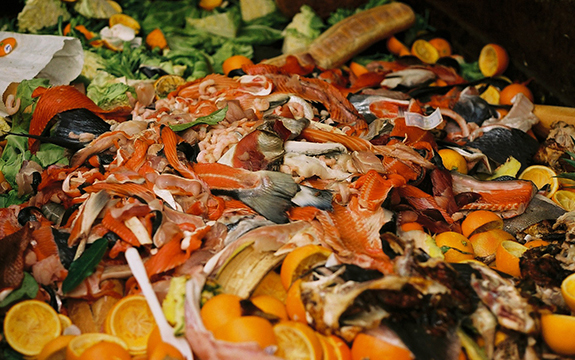Turning food waste into food nourishment: onsite composting study

In Summary
As cities throughout Australia consider alternatives to landfilling food waste, Swinburne University of Technology is leading a world-first research project comparing kerbside food waste collection and offsite composting with medium-scale onsite composting.
Involving state government departments, councils, businesses and residents, the three-year project will pilot new models for reducing greenhouse gases and achieving environmental, health and economic benefits from composting household and commercial food waste to grow food.
It will look at on-site composting at offices, multi-storey apartments, café precincts and large scale hospitality venues.
The on-site composting will be done using two very different but simple, odour-free technologies: an in-vessel composter that can be used in residential and commercial settings, and worm farms which have an innovative design enabling them to be easily scaled up for commercial applications.
These systems will be compared in terms of effectiveness in reducing greenhouses gases, quality of the compost product and people’s engagement with the composting process and product.
“Each year in Australia millions of tonnes of food waste goes to landfill, costing several hundred million dollars in annual levies and releasing methane, a potent greenhouse gas, into the atmosphere,” project leader Dr Vivienne Waller said. “What if, instead, the food waste could be easily converted into a valuable product?”
Composting is a natural biological process whereby microorganisms break down food scraps into a nutrient rich soil-like product.
This can be spread on soil used for growing crops to promote higher yields, reduce the need for fertilisers, improve soil structure, increase water retention, remove contaminants, store carbon and reduce erosion.
Pilot sites being finalised include Swinburne student residences, The Commons apartments in Brunswick, and cafes in Melbourne’s CBD and Adelaide. There is still an opportunity for another apartment block or café precinct to come on board as a research site.
The project is a collaboration with the University of South Australia and has been awarded $334,256 funding from the CRC for Low Carbon Living.
Find out more about the Composting Food Scraps for Food Production project.

